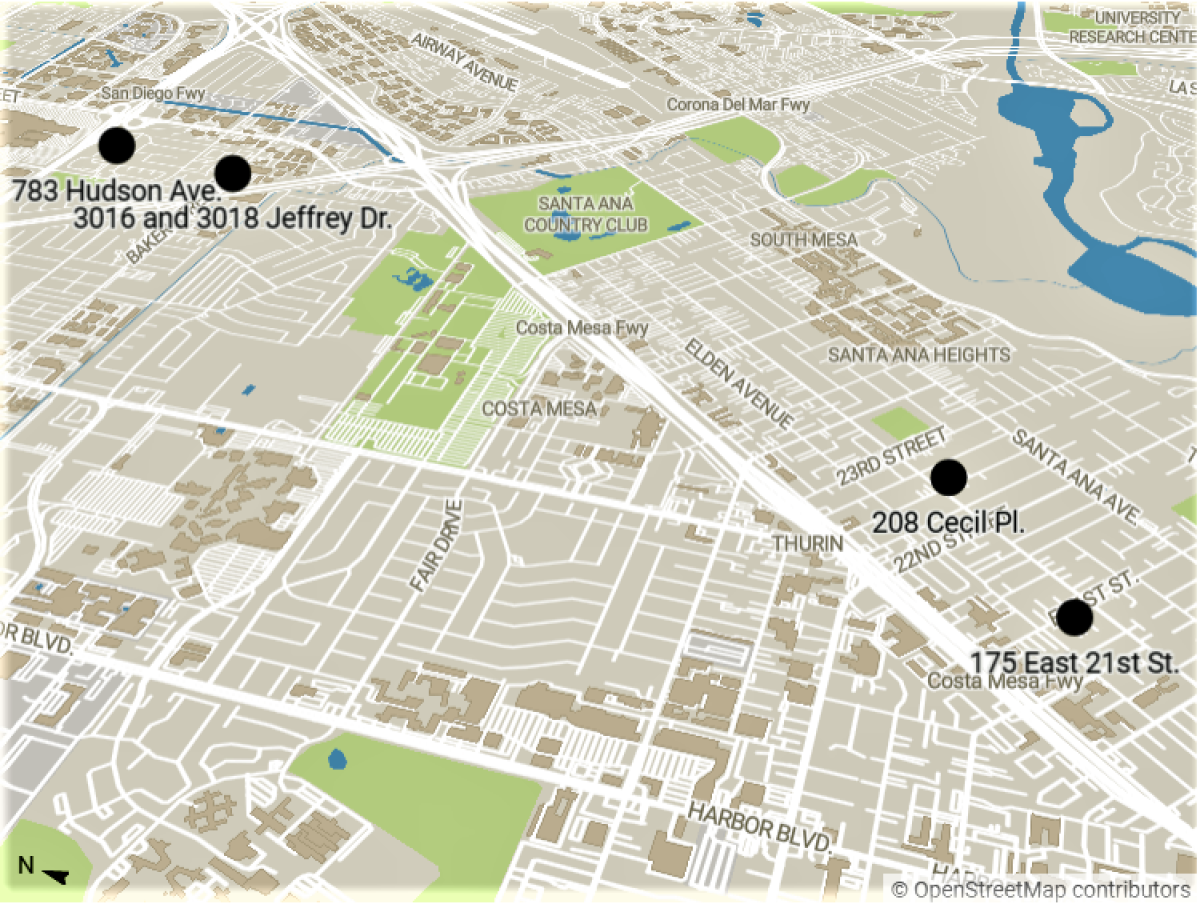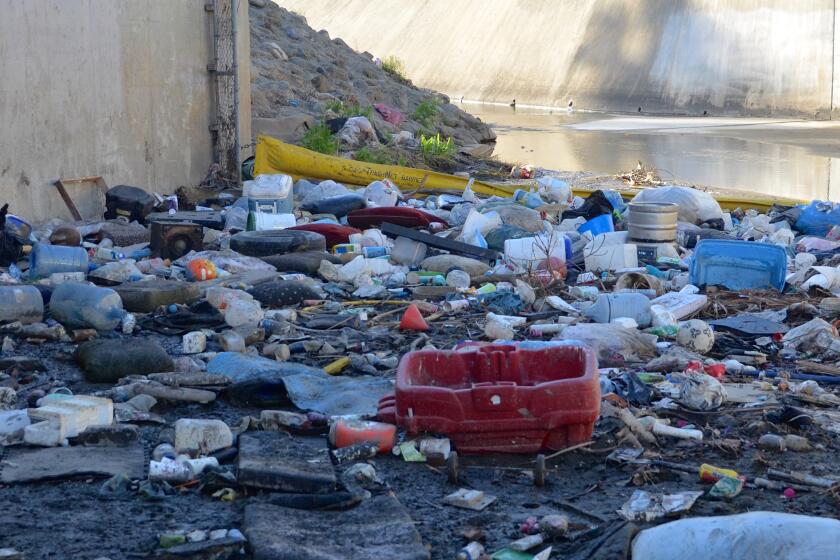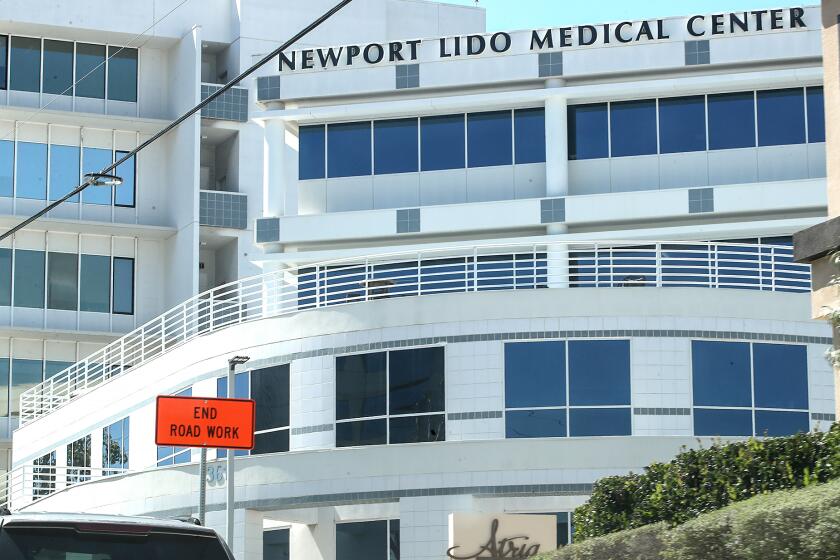After a series of wins against sober living homes, Costa Mesa dealt a blow by 9th Circuit

After years of scoring legal wins in an ongoing battle with sober-living facility operators, the city of Costa Mesa hit a roadblock Tuesday, when federal appeals judges reversed and remanded a 2020 ruling in the city’s favor.
Limited liability companies SoCal Recovery and RAW Recovery independently operated multiple sober-living homes in Costa Mesa, offering drug and alcohol addiction services, prior to the city passing ordinances in 2014 and 2015 regulating the facilities.
The new laws sought to enforce a 650-foot buffer between such enterprises to limit overconcentration observed in certain neighborhoods and mandated use permits that allowed the city to impose its own requirements for approval.
Both SoCal Recovery and RAW maintained properties that did not meet the distance mandate and sought reasonable accommodation from the new laws but were denied, according to the summary of a three-judge panel opinion filed Tuesday by the 9th Circuit Court of Appeals.
“The city issued citations to appellants for operating the sober living homes without approval,” judges penned. “The city also filed state court abatement actions against appellants.”

The two businesses, along with other facility operators, filed a series of lawsuits in 2018, claiming Costa Mesa’s new ordinances discriminated against the recovering addicts they served who, by definition of the law, were disabled persons.
When the city requested records and details to clarify whether individual residents met certain criteria for disability — such as the length of their sobriety and protocols in the event of a relapse, which would effectively terminate a person’s disabled status — operators refused, claiming that complying with the request would violate patient confidentiality laws.
They further alleged that, as sober living facilities with established policies, procedures and house rules designed to serve clients with disabilities, which had ostensibly been treated as such by the city throughout the permitting and accommodation process, the collective disability status of their clientele was self-evident.
U.S. District Judge James Selna ruled for Costa Mesa against Southern California Recovery Centers, which operated three sober-living homes in the city and sued to challenge its ordinances governing such facilities.
U.S. District Court Judge James Selna disagreed, declaring in an April 2020 summary judgment the operators of Southern California Recovery Centers failed to establish residents in their homes were actually disabled, or that the city regarded them as such.
“Plaintiffs have produced no evidence that the individuals at issue have a physical or mental impairment that substantially limits one or more major life activities,” Selna wrote in the ruling.
Owners of RAW, as co-plaintiffs in a similar lawsuit, claimed “draconian permitting requirements” imposed by the city against sober living homes were discriminatory.
The district court similarly concluded there was no “per se rule that all individuals in a drug rehabilitation program qualify as disabled or protected” and maintained proof of disability had to be more individualized. Separate appeals later filed by RAW and SoCal Recovery were considered jointly.
Although Selna’s judicial reasoning stood for more than two years, the 9th Circuit panel of judges determined the U.S. District Court and the city erred in believing it was incumbent upon facility operators to provide individualized evidence of clients’ disabilities.
“We agree that the district court applied incorrect legal standards,” the judges wrote. “We therefore reverse the district court’s grants of summary judgment.”
Costa Mesa City Atty. Kimberly Hall Barlow said the city earnestly sought in discovery to distinguish facilities legitimately serving residents rehabilitating from their disability from bad actors who’d set up shop solely to collect insurance payouts.
“They didn’t give us any information in the cases. There was just no way of knowing who [residents] really were and whether they were sober or if they had a disability,” she said Thursday. “This decision says they don’t have to prove a disability, and we basically have to take [operators’] word for it.”
Barlow confirmed both SoCal Recovery and RAW have ceased operating in Costa Mesa which, at one point, played host to as many as 94 unlicensed sober living homes in single- and multifamily residential areas.
It is still uncertain what impact Tuesday’s ruling may have on the city’s still open lawsuits and the fate of future sober-living home applications that may come to Costa Mesa City Hall.
Barlow said staff and the City Council plan to discuss the matter with legal counsel in a closed session council meeting on Jan. 17.
“All of the options, in respect to how the city responds to this, are on the table,” she said.
All the latest on Orange County from Orange County.
Get our free TimesOC newsletter.
You may occasionally receive promotional content from the Daily Pilot.




